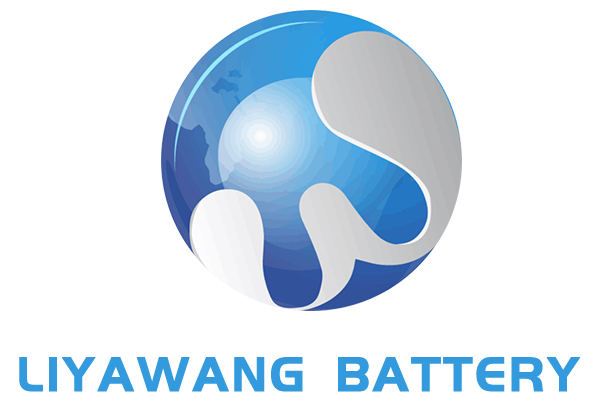As the demand for smaller, safer, and more efficient batteries grows, two technologies are gaining attention: Solid-State Batteries and Polymer Lithium (LiPo) Batteries. Both offer distinct advantages for modern electronics, but which one is truly the future? Let’s break down the differences—and what product designers should expect next.
Table of Contents
Toggle🔋 1. What Are Polymer Lithium (LiPo) Batteries?
LiPo batteries use a gel-like polymer electrolyte, offering excellent flexibility, light weight, and high energy density. They’re widely used in:
-
Smart wearables
-
Bluetooth audio devices
-
Medical equipment
-
Consumer electronics
-
IoT sensors
At LYW Battery, we specialize in custom LiPo battery solutions ranging from 100mAh to 2000mAh, tailored for space-constrained and portable devices.
🧪 2. What Are Solid-State Batteries?
Solid-state batteries replace the liquid or gel electrolyte with a solid ceramic or glass-based material. This design improves:
-
Thermal stability and safety (less risk of fire/leakage)
-
Longer cycle life
-
Potentially higher energy density
However, solid-state technology is still costly and in early stages of mass production.
⚖️ 3. Key Differences at a Glance
| Feature | Polymer Lithium (LiPo) | Solid-State Battery |
|---|---|---|
| Electrolyte | Gel-like polymer | Solid ceramic/glass |
| Flexibility | High | Low (rigid design) |
| Safety | Good with BMS | Excellent (stable under heat) |
| Energy Density | 200–300 Wh/kg | Potentially >400 Wh/kg |
| Maturity & Availability | Mass production ready | Still under development |
| Cost | Economical for OEM | Expensive (2025) |
🔮 4. What’s Next? Hybrid Possibilities and Market Outlook
While solid-state batteries may dominate in EVs and high-performance devices in the next 5–10 years, LiPo batteries will remain the preferred choice for portable electronics, wearables, and custom compact devices due to their flexibility and proven safety.
Some manufacturers are also exploring semi-solid hybrids, combining advantages of both.
✅ Conclusion: Focus on What’s Practical Today
For most product designers, custom LiPo batteries are still the most cost-effective, highly customizable, and mass-proven solution in 2025. At LYW Battery, we provide safe, certified, and application-ready polymer lithium batteries tailored to your unique product requirements.
Looking to upgrade your device with the right battery solution?
📩 Contact LYW Battery today for custom engineering and samples.


